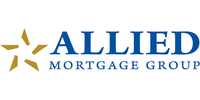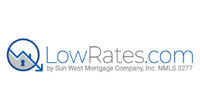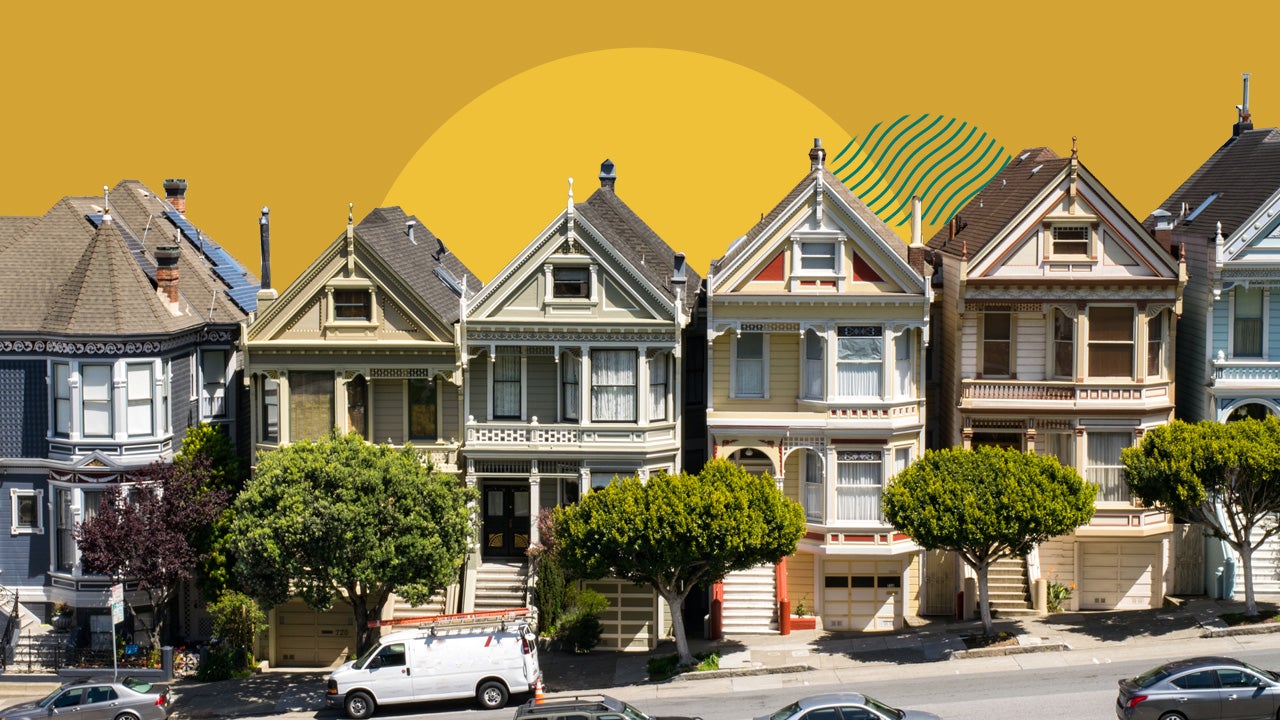Best mortgage lenders with no origination fee in 2025




When shopping around for a mortgage, you’ll find that many mortgage lenders charge an origination fee, which is the cost to cover processing and underwriting the loan. You’ll also find that some lenders don’t have this fee at all, or can discount or waive it for certain customers. Here is Bankrate’s guide to the best mortgage lenders with no origination fee in 2025.
Best mortgage lenders with no origination fee
| Lender | Credit requirements | Down payment minimum | Bankrate Score |
|---|---|---|---|
| Allied Mortgage Group | 620 for conventional loans | 3% for conventional loans, 3.5% for FHA loans, none for VA loans and USDA loans | 4.1 |
| Bison State Bank | 620 for conventional loans, 580 for FHA loans, 580 for VA loans | 3% for conventional loans, 3.5% for FHA loans, none for VA loans and USDA loans | 4.7 |
| LowRates.com | 620 for conventional loans, 700 for jumbo loans, 580 for FHA loans, 500 for VA loans | 3% for conventional, 3.5% for FHA loans, none for VA loans | 4.8 |

Allied Mortgage Group
-
- Availability: 36 states plus Washington, D.C.
- Loans offered: Conventional, FHA, VA, USDA, jumbo, refinancing and more
- Credit requirements: 620 for conventional loans
- Down payment minimum: 3% for conventional loans, 3.5% for FHA loans, none for VA loans and USDA loans
- Where to find: Branch location and online

Bison State Bank
-
- Availability: All U.S. states
- Loans offered: Conventional, jumbo, FHA, VA, USDA, refinancing and more
- Credit requirements: 580 for VA and FHA loans; 620 for conventional loans
- Down payment minimum: None for VA and USDA loans; 3% for conventional loans; 3.5% for FHA loans
- Where to find: Online

LowRates.com
-
- Availability: All U.S. states except Georgia and Massachusetts
- Loans offered: Conventional, jumbo, FHA, VA, refinancing and more
- Credit requirements: 500 for VA loans; 580 for FHA loans; 620 for conventional loans; 700 for jumbo loans
- Down payment minimum: None for VA loans; 3% for conventional loans; 3.5% for FHA loans
- Where to find: Branch location or online
How to choose the best mortgage lender with no origination fee
While the best mortgage lender ultimately depends on individual circumstances and what feels “right” to you, it’s helpful to narrow down your options. Here are some tips:
- Set your priorities. Do you want to talk to a loan officer in person? Do you need a faster closing? Want to apply for and track your mortgage status through an app? Consider these and other questions as you compile your short list of lenders.
- Get prequalified or preapproved. If you haven’t determined a homebuying budget, get prequalified for a mortgage first. This can help you understand how much a lender might allow you to borrow based on some preliminary financial information. If you’re ready to shop for homes, skip the prequalification and ask for a preapproval, which involves a credit check.
- Understand rate-lock fees. While the lender might not charge an origination fee, you might still need to pay to lock your interest rate as you look for homes. Clarify this cost, including any rate-lock extension fees, with each lender you’re considering.
What is an origination fee and why do lenders charge them?
An origination fee is an upfront fee a mortgage lender charges to cover the cost of initiating and processing a loan. This one-time fee compensates the lender for services such as gathering the borrower’s information to process and fund the loan, and sometimes handling the escrow account as well. Origination fees exist for many types of loans, including mortgages and personal loans.
Some lenders also include the cost of underwriting — the risk assessment the lender does for every borrower — in the origination fee, while others charge a separate processing or underwriting fee.
Frequently asked questions
Why we ask for feedback Your feedback helps us improve our content and services. It takes less than a minute to complete.
Your responses are anonymous and will only be used for improving our website.
You may also like

Best mortgage lenders in California for 2025

Best FHA mortgage lenders in 2025

Best mortgage lenders of February 2026



